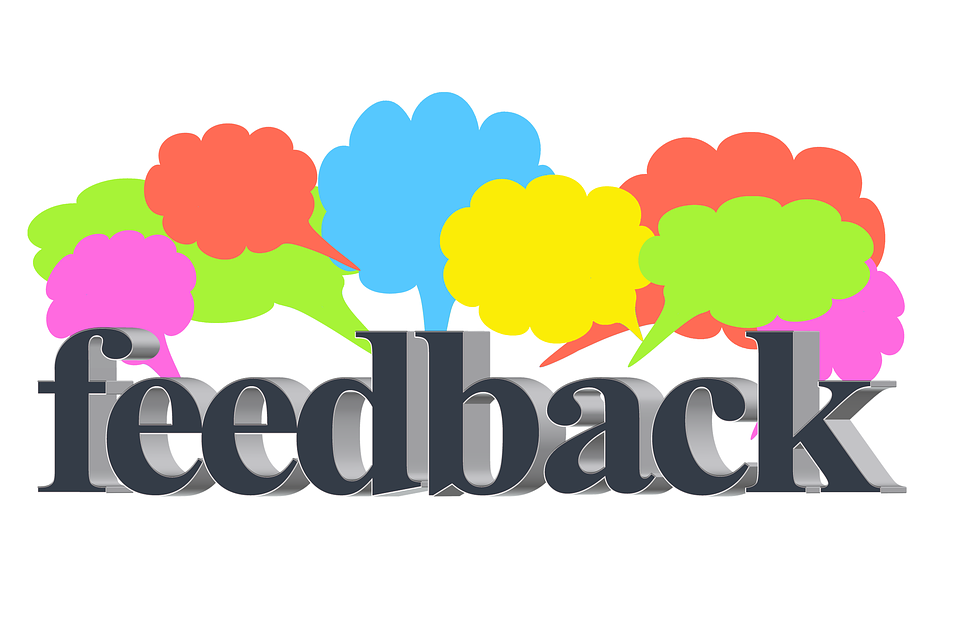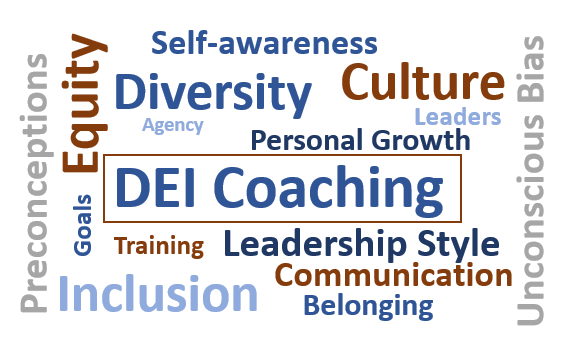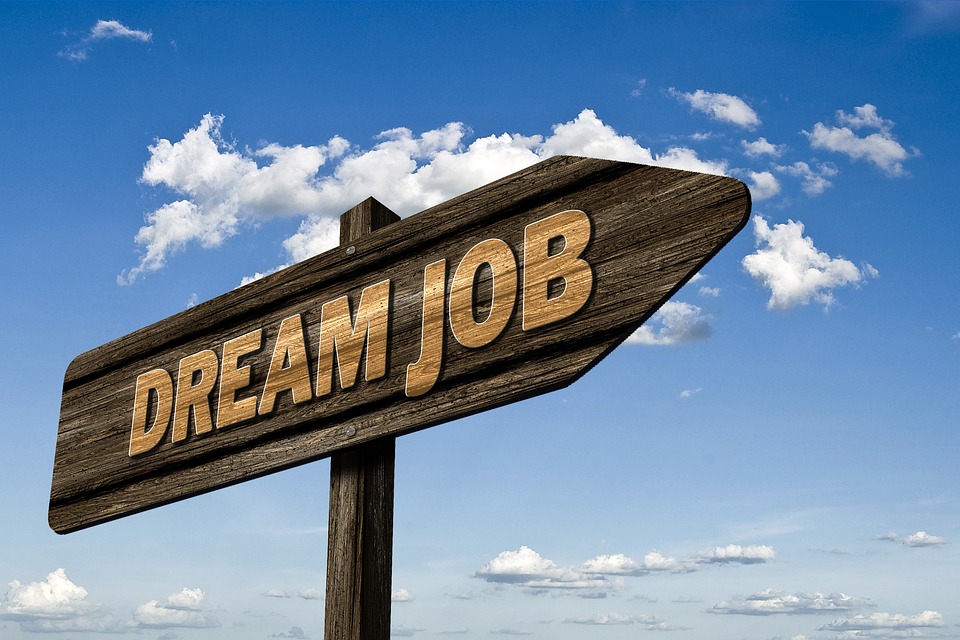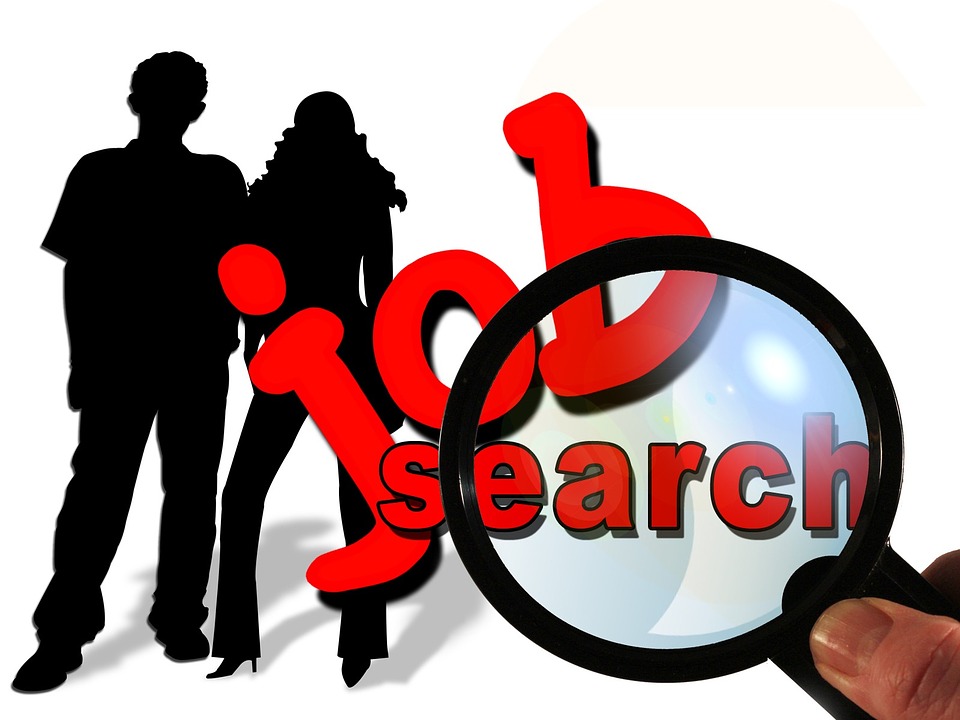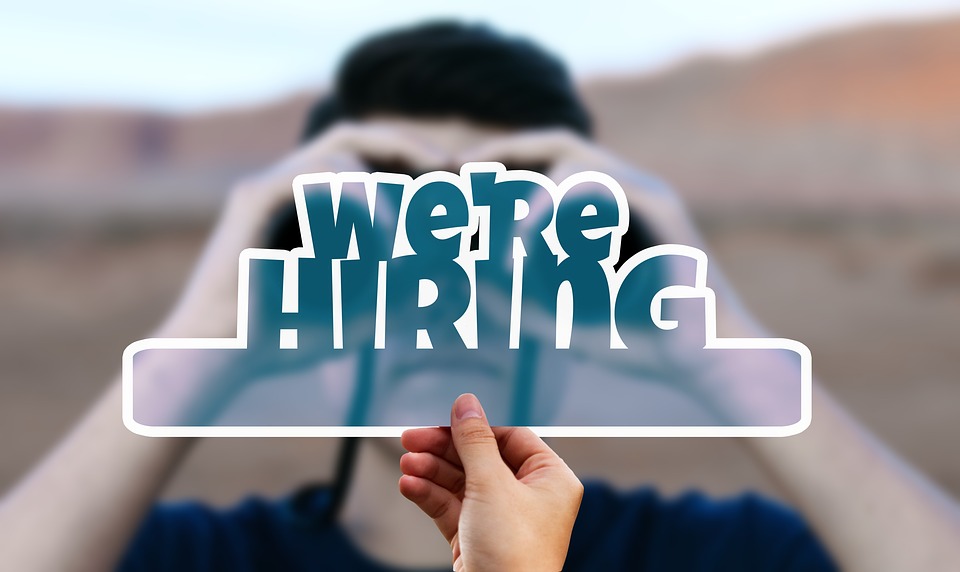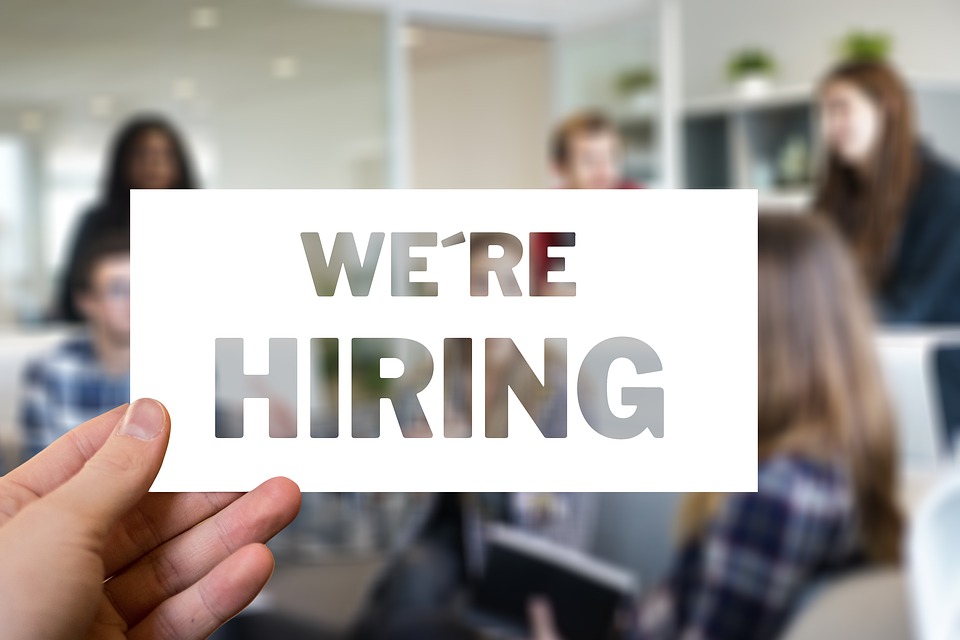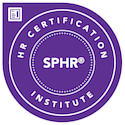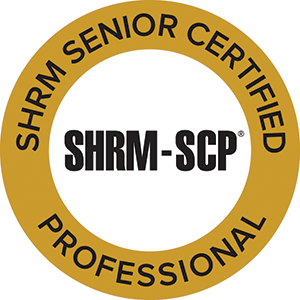As I said in my last article, it’s important for leaders to reflect on lessons learned from the past year as they begin business planning for the next one.
It’s equally important that leaders make some time to reflect on their own performance and behaviors and consider any adjustments they need to make going forward.
There are a couple of ways to do this. One is for leaders to set aside time to ask themselves (and give honest answers to) questions such as:
- What was my biggest accomplishment this year?
- What was less successful and how will I improve it?
- What are my top 3 strengths?
- What are 3 areas where I need more development?
- What am I going to stop doing, start doing, continue doing?
Another – and much better way – is to seek feedback from others.
Leaders’ actions and behaviors have broad impact. The individuals who report to them, their peers, their own leadership, customers, vendors, partners, and the organization overall. Gaining insight about how they positively impact others as well as areas where they could do better will promote their personal growth. This feedback is more meaningful if it comes from a variety of sources – immediate leader, direct reports, colleagues, and business partners, for example. And the tool for that is a 360 Review.
A 360 Review helps leaders build self-awareness by pointing out strengths and illuminating blind spots that may be preventing them from becoming a more effective leader.
In a typical 360 process the participating leader identifies several stakeholders who then give feedback (anonymously) via a set of questions. The same questions are answered by all stakeholders. Responses are then consolidated and summarized into a report that highlights strengths, development areas and any emerging themes. When specific themes emerge based on feedback from several stakeholders rather than just their immediate leader it’s harder to dismiss that feedback.
The 360 process benefits both the leader and the organization by providing a foundation for the leader’s development to build on strengths and address any blind spots or areas for improvement. Often the next step is coaching to help with the leader’s development.
If you are interested finding out more about the 360 process for a leader in your organization, please reach out to me at michelle@connecttohr.com.

